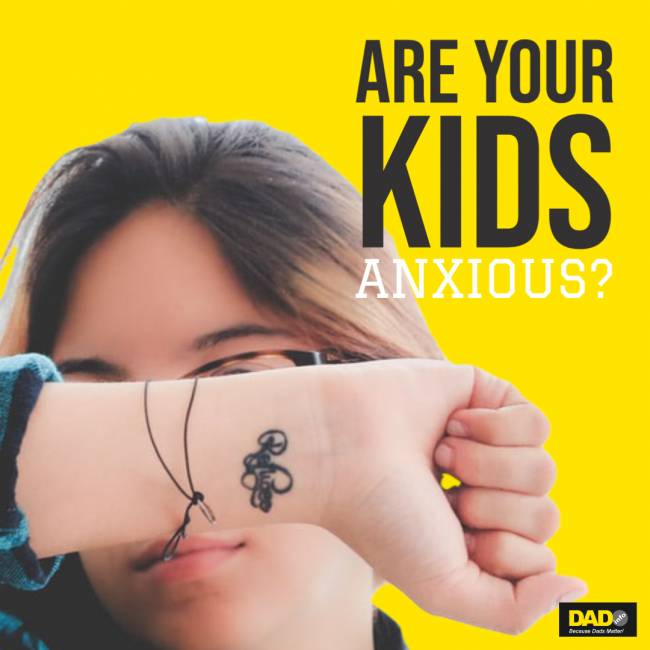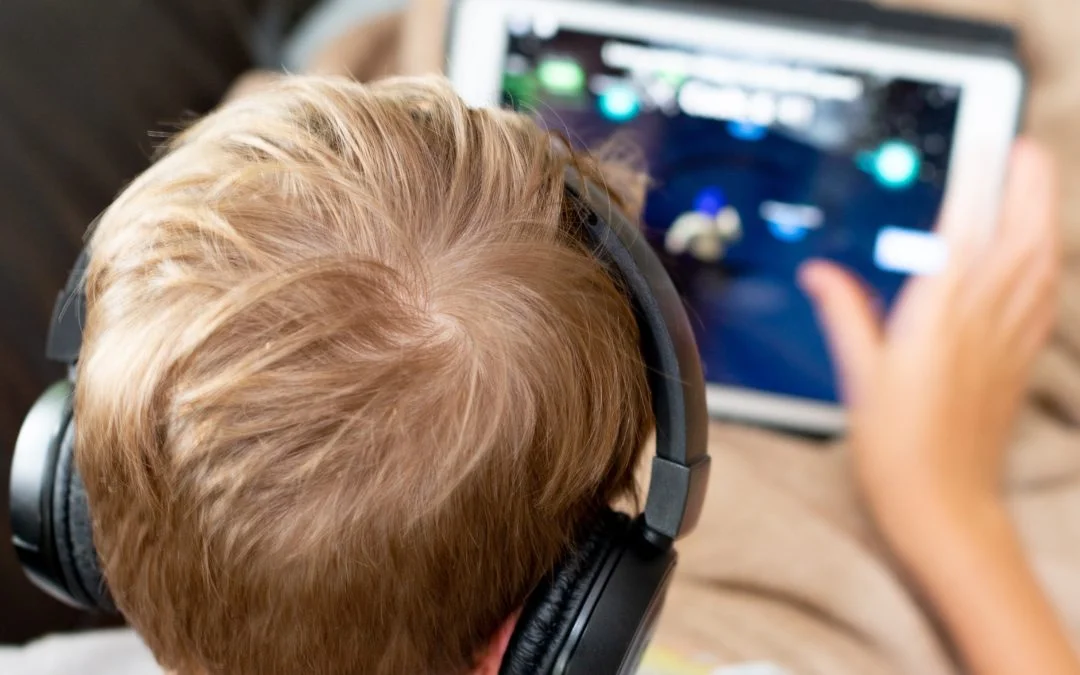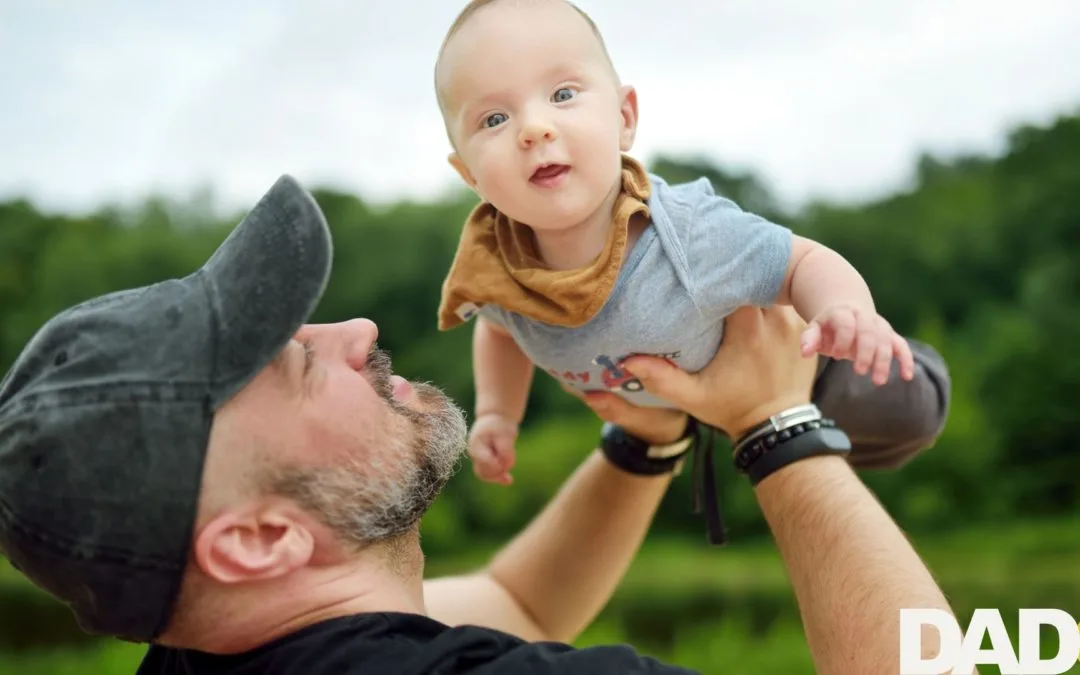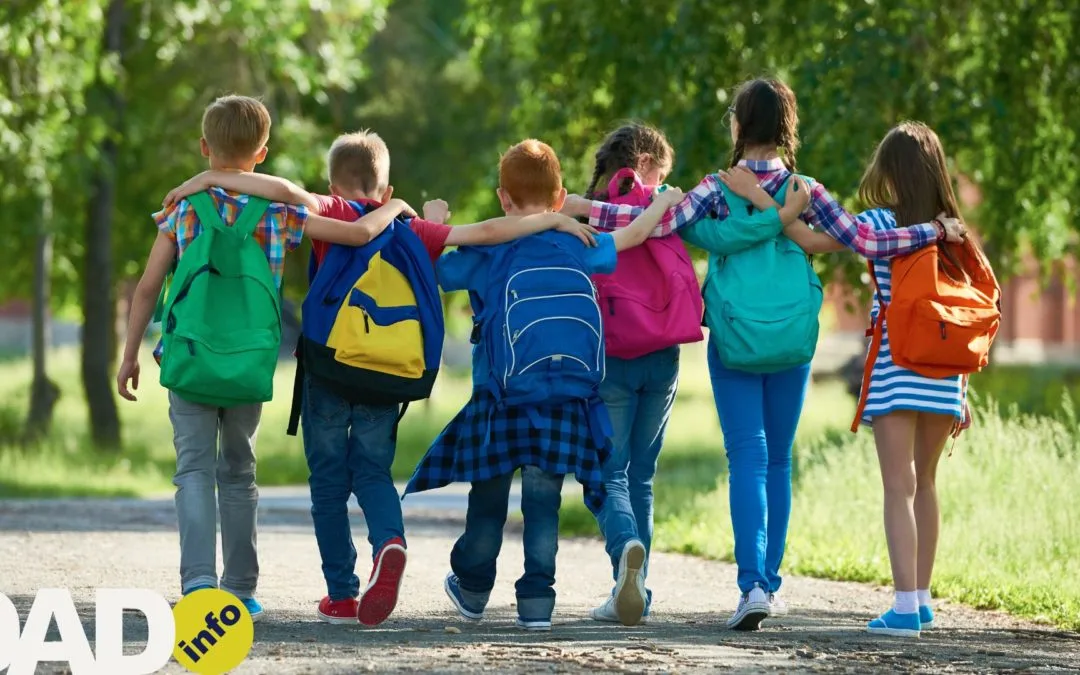A recent report featured by the BBC highlighted a study from the University of Bristol finding that ‘Teen anxiety dropped during lockdown in the UK’, raising the question how much does school contribute to child anxiety, and how can parents best address this issue?

Dr Kathy Weston provides expert insight into the topic:
The start of the school term is anxiety-inducing for just about everyone. Parents are concerned about the amount of organisation required to get their children school-ready and worry about their children’s emotional transition into school too.
Will they make friends?
Will they get along with the teachers?
Will they settle into the new routines easily?
Children and young people tend to worry about little rather than the bigger things.
Getting lost around the school is a top worry for younger children whilst older children may worry more about volume of homework, academic expectations and reigniting social connections after a summer hiatus. Transition or change of any kind can be anxiety-inducing because it features a lot of ‘unknowns’ or things that feel largely out of our control.
What can parents do during a period of transition to alleviate worries and also to boost their children emotional resilience?
Emphasise the similarities
First of all, try and help your children feel ‘anchored’ in what is familiar and what stays the same. Before listing a million things that might be different this term, focus on all the things that will stay exactly as they are. This might mean an emphasis on home routines, friendships, the same teacher that they had last year teaching them, little routines and habits created in family life that stay consistent.
Remind them of their resilience
Remind your children that they are resilient and see them as such. Recognise how well they have coped and adapted to the unprecedented challenges of summer 2020 and emphasise how proud you are of them. Critically, help your child reflect on their own personal resilience. In doing so, they might be able to articulate how they managed to cope in particular scenarios and how that experience might be applied to this new period of change. Reflection breeds resilience.
Talk about issues and problem solve
Fears and worries should never be set aside or buried. A healthy approach in any family unit it to surface all worries or ‘weeds’ and deal with them as and when they pop up. Together, try and co-create solutions and come up with ideas that can alleviate or lessen that particular worry. In short, we need to teach our children to be proactively problem-solving. By helping our children with their thinking, we teach them how to adapt positively to change. Provide children with a stable base There is no doubt that stability at home can really help children both manage anxiety and thrive at school. Children benefit from knowing exactly where they stand, how the week will pan out and who will be at the other end of the school day waiting for them.
For younger children visual reminders of what happens when can be hugely helpful. Try not to argue in front of your children, which as the research evidence confirms, can be detrimental for children’s wellbeing and self-worth. Try and aim for consistency of approach, as far as possible, between parents and carers. Children can be helped through change when they are conscious of their assets; knowing who is there for them and who they can turn to when they need help or assistance.
Try this practical exercise
Help your child keep a little card or keyring on them reminding of who they can call upon in different scenarios. Helping our children be organised is key to ensuring that family life doesn’t descend into a shouting match. Rather than expect perfect execution of organisational tasks, try to help them feel competent about their own ability to get things done. Provide little prompts and reminders rather than pack every single item for them.
Allay any fears and be optimistic
Children and young people may express worries or fears about the virus which can exacerbate a fear of school return. Focus on facts rather than fears. Remind them about all the preparatory work that schools are doing behind the scenes to prepare for their return, the little steps they can take to minimise transmission (hand-washing etc.) and on all the people, across the country, working hard to beat the virus and reduce the harm it causes. Make your children feel as safe as possible and try and ensure family life continues to contain as much joy, optimism, hope and laughter as possible.
Is your child particularly anxious?
Listen fully to their fears and worries but try not to overly re-assure. The emphasis should be on listening empathetically and helping the child or teen work out strategies that might make them feel a bit better. Having a constructive worry time (for a short time period) per day, within family life, may also help, so that worries don’t keep children awake at night. As a family, try and engineer a lot of meal-time ‘family talk’ which is proven to both help children process emotions from the day and to boost their academic skills.
Lastly, try and model a positive mindset as you step into the new academic year and take care of yourself. Parental mental health is highly correlated with children’s mental health so self-care matters, perhaps now more than ever.
About the Author
Legal 500 Top Tier family law firm Rayden Solicitors, specialists in child arrangements and regular commentators on the effects of divorce on children, have teamed up with the respected expert in child issues and parenting strategies, Dr Kathy Weston, to provide insights on causes and solutions to childhood anxiety.
The partnership are set to host a Q&A session and free webinar – The Resilient Family: In the Thick of it Post Lockdown – which addresses the issues parents face with childhood anxiety and how this can be managed; a topic that is more relevant now than ever, with children starting the school year after a spell away from school during lockdown and the summer break.









